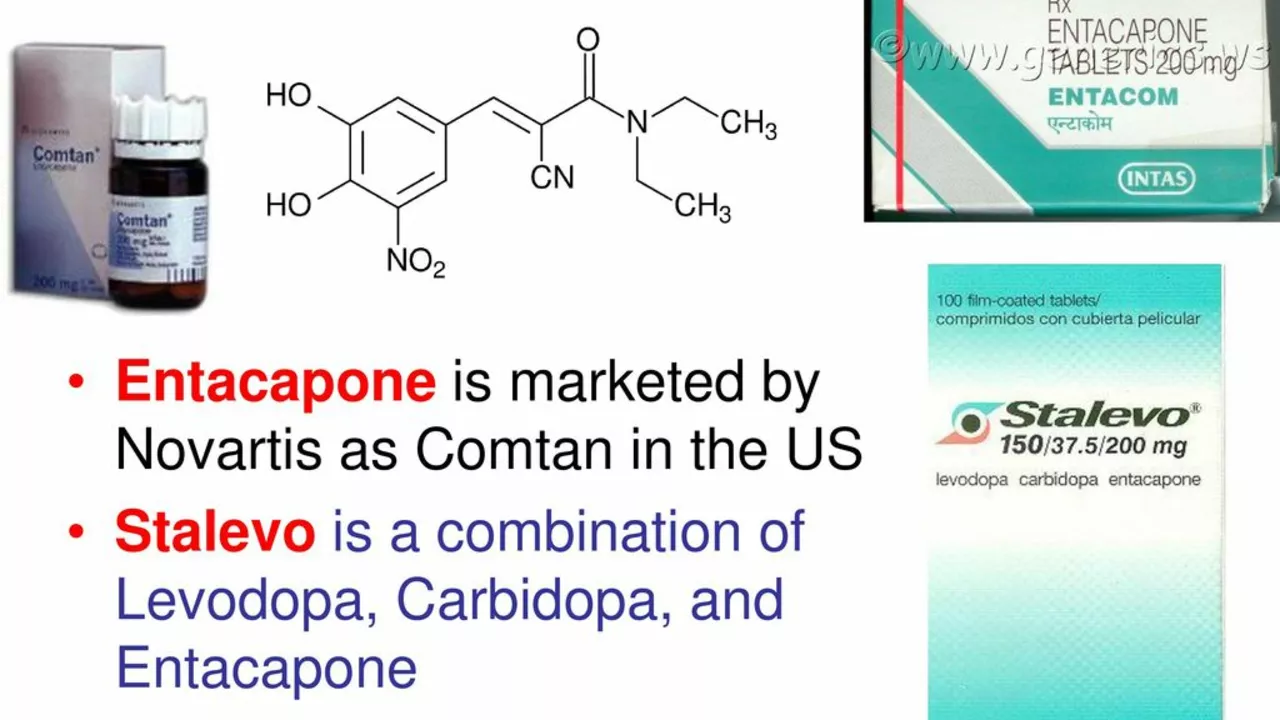Medication Misconceptions – What’s True and What’s Not
If you’ve ever Googled a drug name, you probably ran into a pile of rumors. Some say a certain pill will cure everything, others claim it’s poison unless taken with orange juice. It’s easy to get confused, especially when friends, forums, or ads throw out bold statements without proof. Below we’ll separate the facts from the fiction so you can make smarter choices.
Top 5 Myths You’ve Heard
Myth 1: All generics are lower quality. In reality, generic drugs must meet the same FDA standards as brand‑name versions. The only real difference is price and sometimes inactive ingredients that don’t affect how the drug works.
Myth 2: If a medication is “natural,” it’s safe. Natural doesn’t equal harmless. St. John’s wort, for example, can interfere with birth‑control pills and antidepressants. Always check interactions, even for herbal supplements.
Myth 3: You can stop antibiotics once you feel better. Cutting a course short lets bacteria survive and become resistant. Finish the full prescription unless your doctor says otherwise.
Myth 4: Skipping doses of chronic meds is okay if you’re feeling fine. Conditions like hypertension or high cholesterol often have no obvious symptoms, so missing pills can silently raise risk over time.
Myth 5: Over‑the‑counter (OTC) drugs are always safe for everyone. Many OTC pain relievers contain acetaminophen. Taking two products at once can exceed the safe daily limit and damage your liver.
How to Spot Fake Advice
The internet is a goldmine of info, but not all of it’s reliable. Look for sources that cite scientific studies, list author credentials, or belong to reputable health organizations. If a claim sounds too good to be true—like “cure your arthritis in 3 days”—it probably is.
Check the date, too. Medicine evolves fast; a tip from five years ago might be outdated. When you see bold statements about price‑cutting tricks for buying drugs online, verify the pharmacy’s licensing and read user reviews before handing over payment info.
Ask your pharmacist or doctor if you’re unsure. A quick conversation can clear up confusion about side effects, dosage timing, or whether a supplement interacts with your prescription. Most professionals appreciate patients who are proactive—just be ready to share what you’ve read so they can address it directly.
Finally, trust your body but stay skeptical of anecdotal “miracle cures.” If something feels off after starting a new drug, stop and get professional advice. Your health isn’t worth the risk of chasing every trending remedy.

Carbidopa-Levodopa and Parkinson's Disease: Dispelling Common Myths and Misconceptions
Alright folks, buckle up because we're going on a myth-busting ride about Carbidopa-Levodopa and Parkinson's disease! Contrary to popular belief, Carbidopa-Levodopa, the dynamic duo of Parkinson's medication, isn't the big, bad wolf some make it out to be. In fact, it's not even habit-forming or addictive! Can you believe it? Plus, taking this medication early on in your diagnosis doesn't mean you're doomed to exhaust its benefits prematurely. And, the cherry on top is - it doesn't cause damage to your liver or kidneys. So, let's park those misconceptions and embrace the facts about this super combo of drugs!
Read More
Destigmatizing Impotence: Breaking Down Stereotypes and Misconceptions
As a society, it's crucial that we work towards destigmatizing impotence and breaking down the stereotypes and misconceptions surrounding it. In my latest blog post, I discuss the importance of open conversations and education on this topic. I also explore the psychological impact of impotence on individuals and their partners, and the need for understanding and support. By challenging the societal norms and addressing the myths about impotence, we can create a more inclusive and empathetic environment for all. Let's work together to change the narrative and promote a healthy understanding of impotence.
Read More